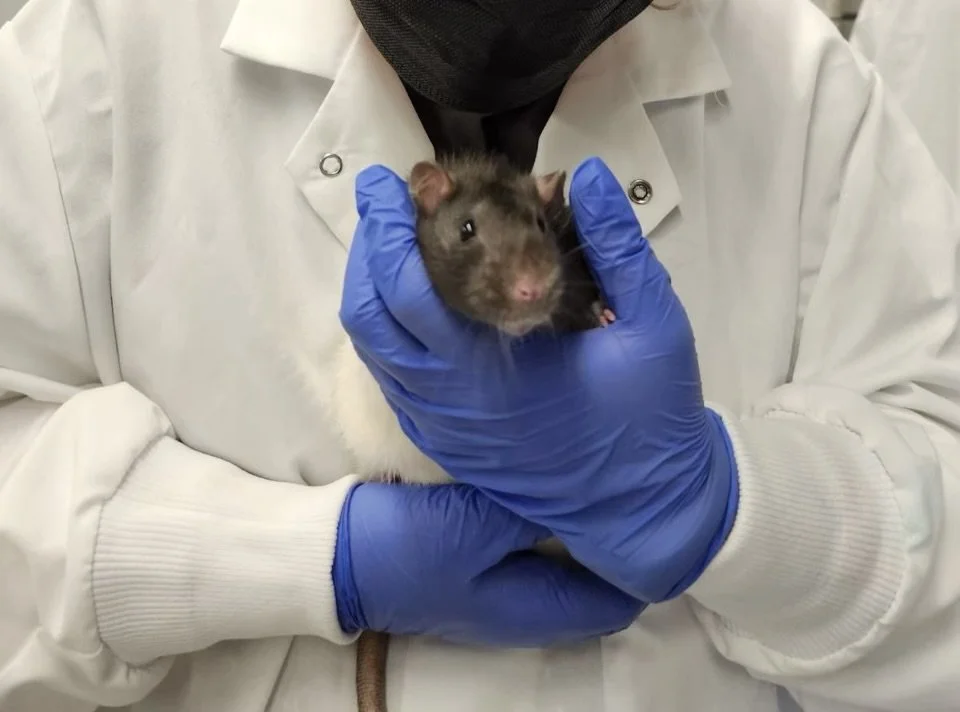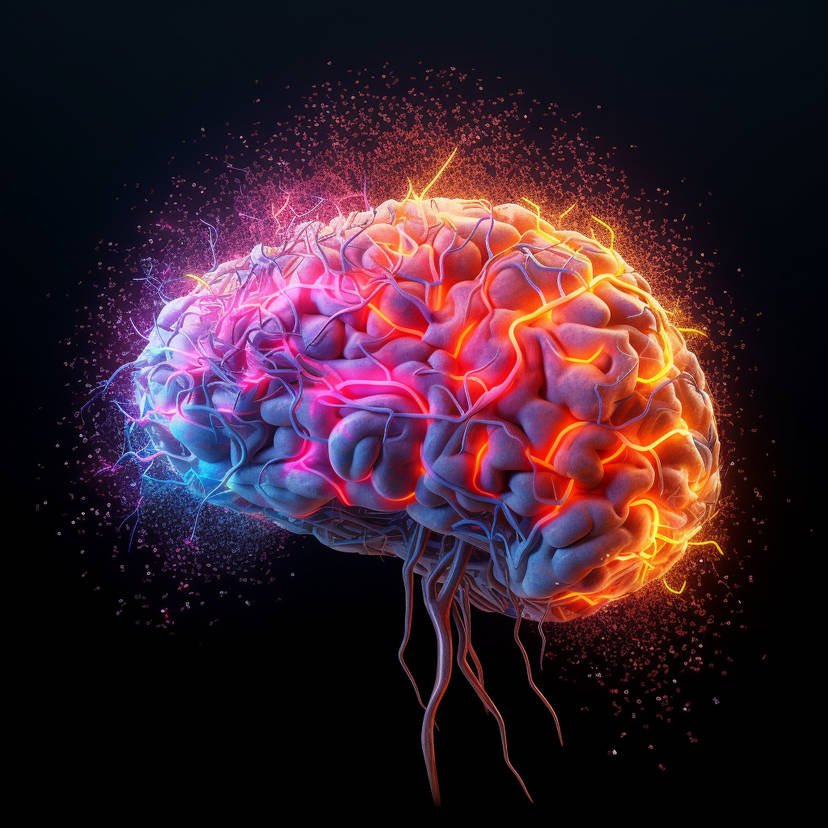This summer, Assistant Professor of Psychology Dr. Travis Hodges is conducting two different studies involving cognitive bias in lab rats, aided by five student interns and research assistants. Through his research, Dr. Hodges aims to show how a negative bias may develop as a result of stress. The findings of his experiments may help us understand these factors in humans and potentially reveal the mechanisms connecting cognitive biases and depression.
Does consciousness die after death? New post-mortem brain study says it might not
New study finds that irreversible climate change could cost $38 trillion
Are we seeing the full Blanch picture?: On food sustainability and collective care
Locally sourced fresh vegetables, directly delivered from nearby farms and processed and prepared on-campus. Continuous menu development, maximizing ingredient utility and taste. Intake of student feedback through in-person conversation and Google Forms. Historically innovative plant-based options. Reusable takeout containers. Food scraps composted into topsoil at 360 Recycling and Martin’s Farm Compost and Mulch.
Microplastics are now being found in ancient remains
In the modern world, we see plastic everywhere: It’s in our clothes and technology, it litters the streets and it abounds in the ocean.
Now, a new study by the University of York shows plastic is now even being found in the traces of our distant history, as microplastics have recently been identified in ancient remains for the first time — some were even found in soil deposits from as far back as the first or second century CE, CNN reported.







